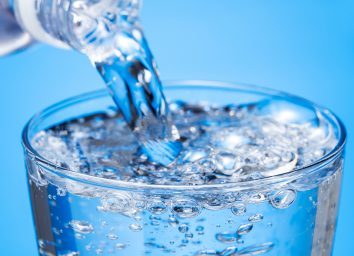What Happens To Your Body When You Drink Carbonated Beverages
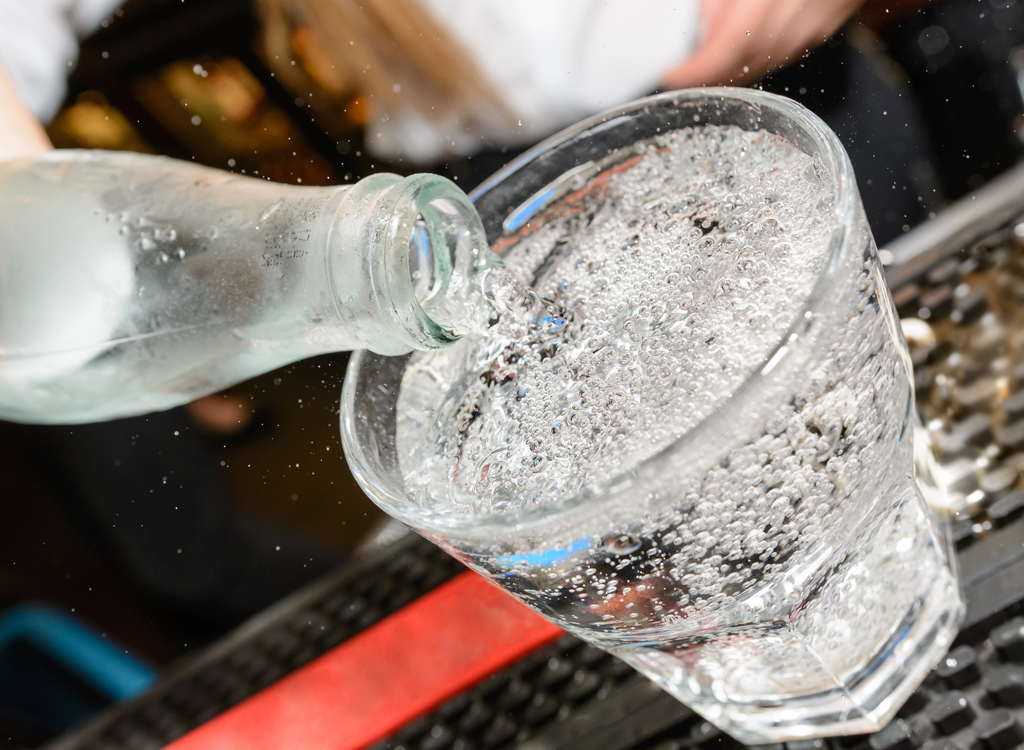
There's something especially satisfying about a carbonated beverage. The bubbles practically burst inside your mouth, adding a signature fizz that makes sipping entirely more fun. But can something that tastes so good actually be good for you, too? We talked to dietitians, doctors, and dentists, asking their expert opinion on what happens to your body when you drink carbonated beverages.
The research shows that, like most things, it depends. Read on to learn what happens to your body, on bubbly. And for even more healthy tips, be sure to check out our list of The 7 Healthiest Foods to Eat Right Now.
You will be more hydrated.
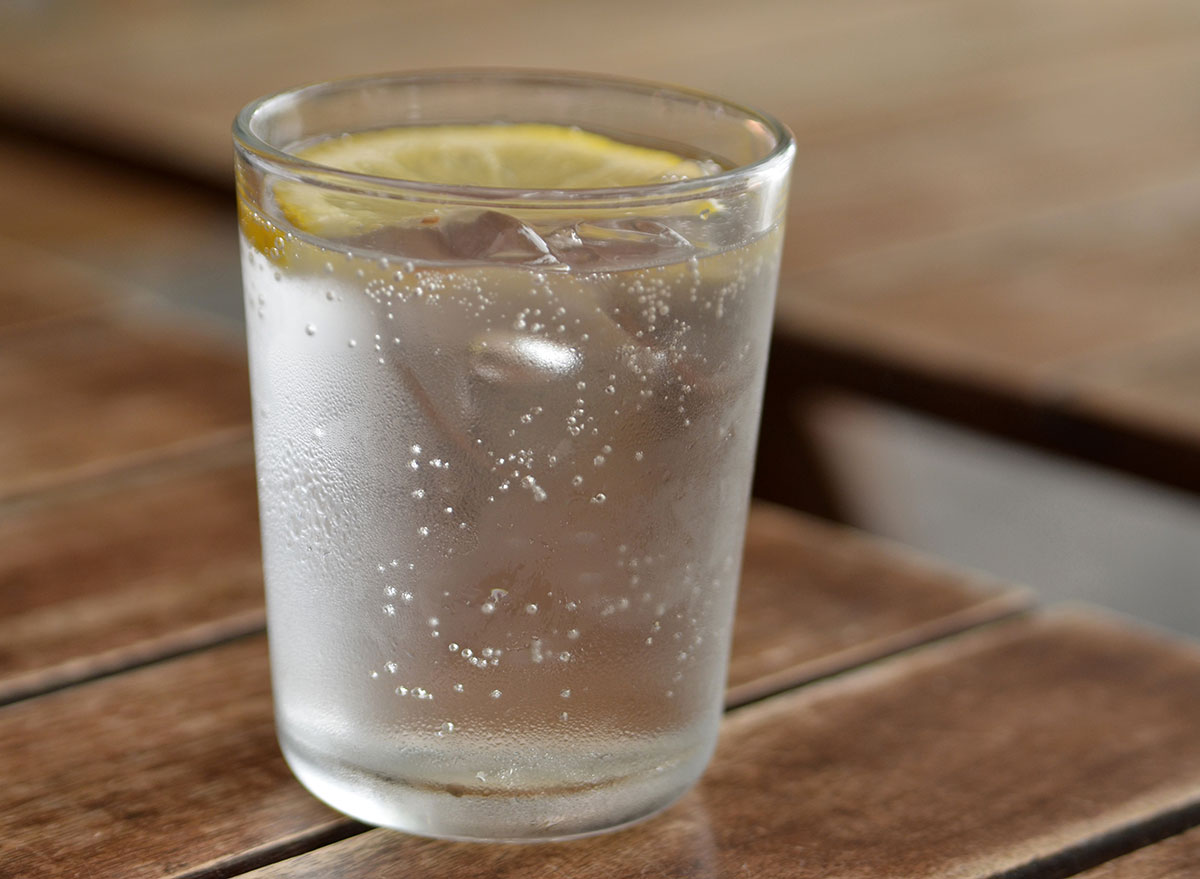
Contrary to our original gut instinct, carbonation does not negatively affect hydration. Most carbonated drinks, it turns out, do still serve as thirst-quenchers—even soda.
That said, just because a bubbly drink can hydrate you doesn't mean that it's healthy. Nutritionist Sharon Katzman recommends staying away from any beverage that has a high amount of added sodium, or a high amount of sugar. Especially these 108 Most Popular Sodas Ranked by How Toxic They Are.
Your digestion will improve.
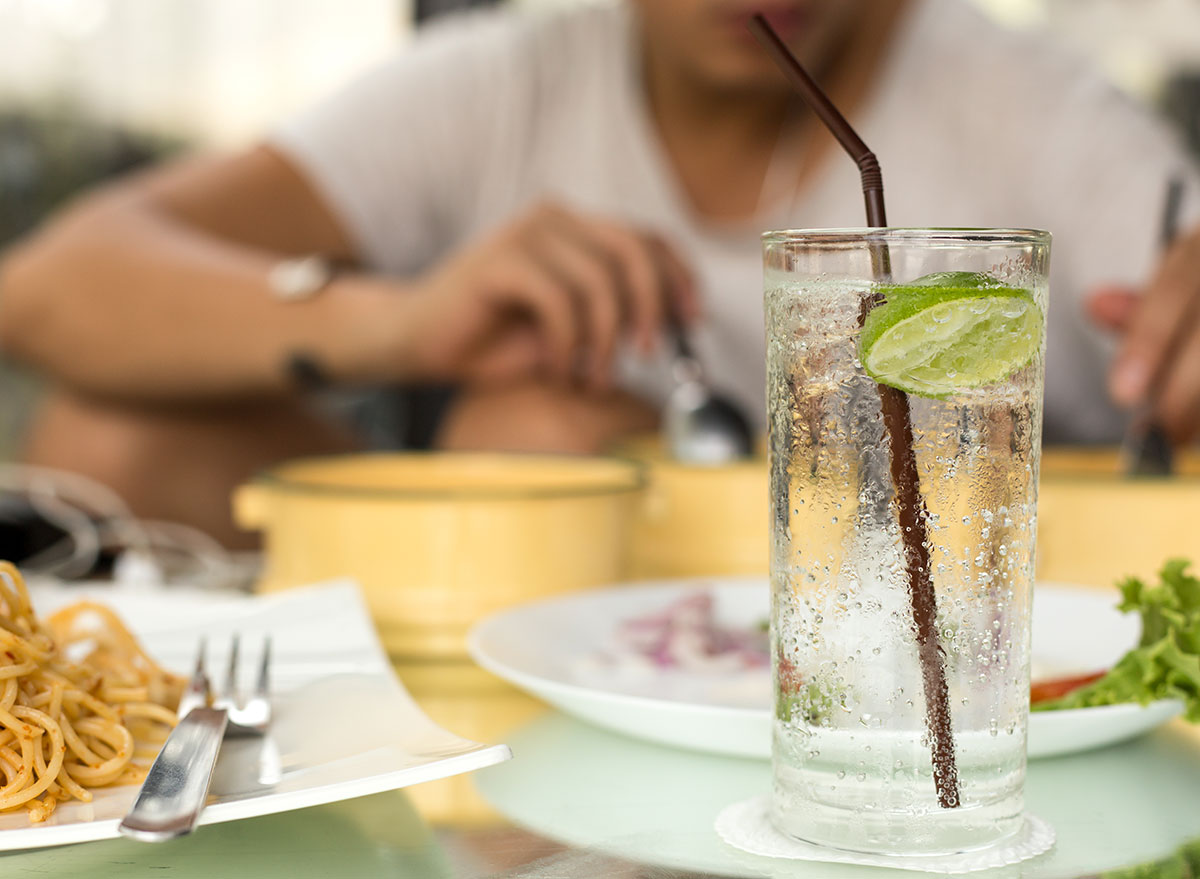
A carbonated drink can help with all parts of the digestion process, from swallowing to relieving constipation. Emergency physician Kristin Hughes explains that bubbly beverages are known for their ability to improve swallowing.
"We actually use carbonated beverages in the ER to help move food along when a patient arrives for a food bolus or a feeling of something stuck in their throat," says Dr. Hughes.
If you love to drink carbonated beverages, here are 5 Side Effects of Drinking Seltzer Every Day.
You might get bloated.
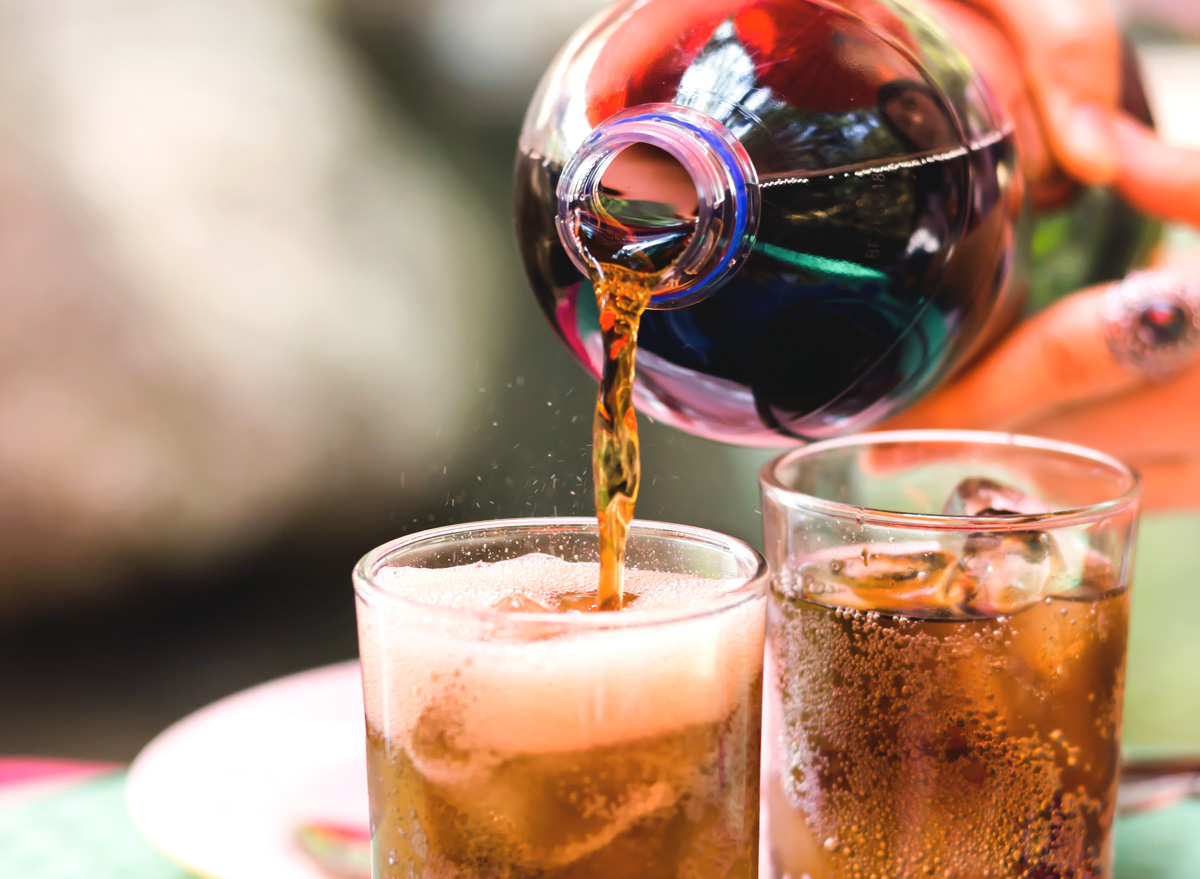
Chances are you've experienced this side-effect of carbonation first-hand, after gulping down a soda or beer.
"Carbonated beverages contain dissolved carbon dioxide," explains Dr. Hughes, "which becomes a gas when it warms to body temperature in your GI tract. Consuming carbonated drinks may cause increased belching or bloating as your stomach adjusts to the accumulation of carbon dioxide gas."
For people with irritable bowel syndrome, this gas-buildup is bad news. Dr. Hughes adds that, for patients with any type of GI complication, carbonated beverages can "exacerbate symptoms."
Here are 24 Ways to Get Rid of Bloating in Less Than 24 Hours.
You may feel hungrier.
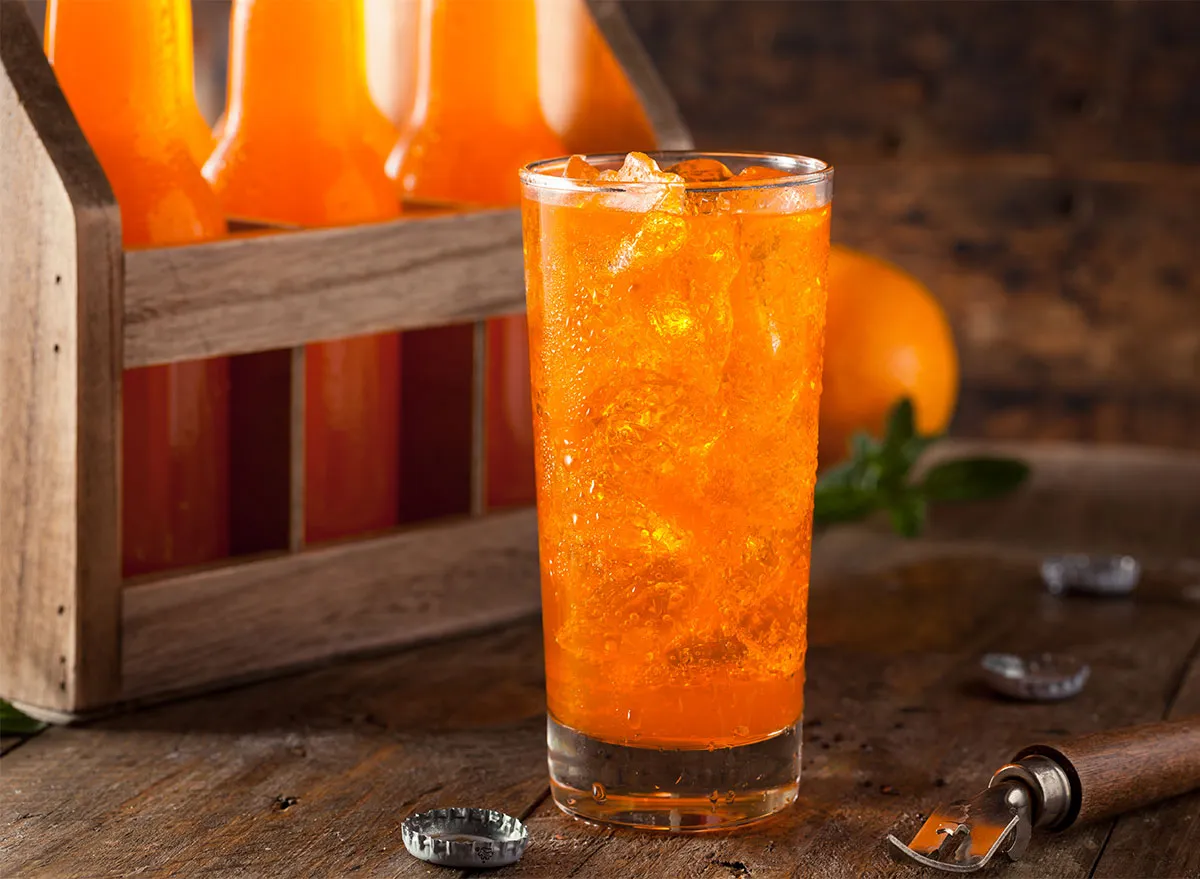
When you drink carbonated beverages, have you ever found yourself back in the fridge, looking for something to snack on? There might be a scientific reason for that!
"Carbonated water may increase ghrelin, a hormone that makes you feel hunger," explains Leann Poston M.D., M.B.A., M.Ed., citing a study that was conducted in both rats and male students.
While that study needs further corroboration before the cause-and-effect can be officially confirmed, Registered Dietitian Nutritionist Morgyn Clair provided additional insight on one of the most popular carbonated beverages: diet soda.
"Diet soda or sugar-free soda can cause some people to crave other unhealthy foods," Clair explained. "While this doesn't apply to everyone, many people find that having a constant intake of sweet beverages leads to cravings for more sweet snacks throughout the day."
Your teeth will be okay (as long as there's no added sweetener!)
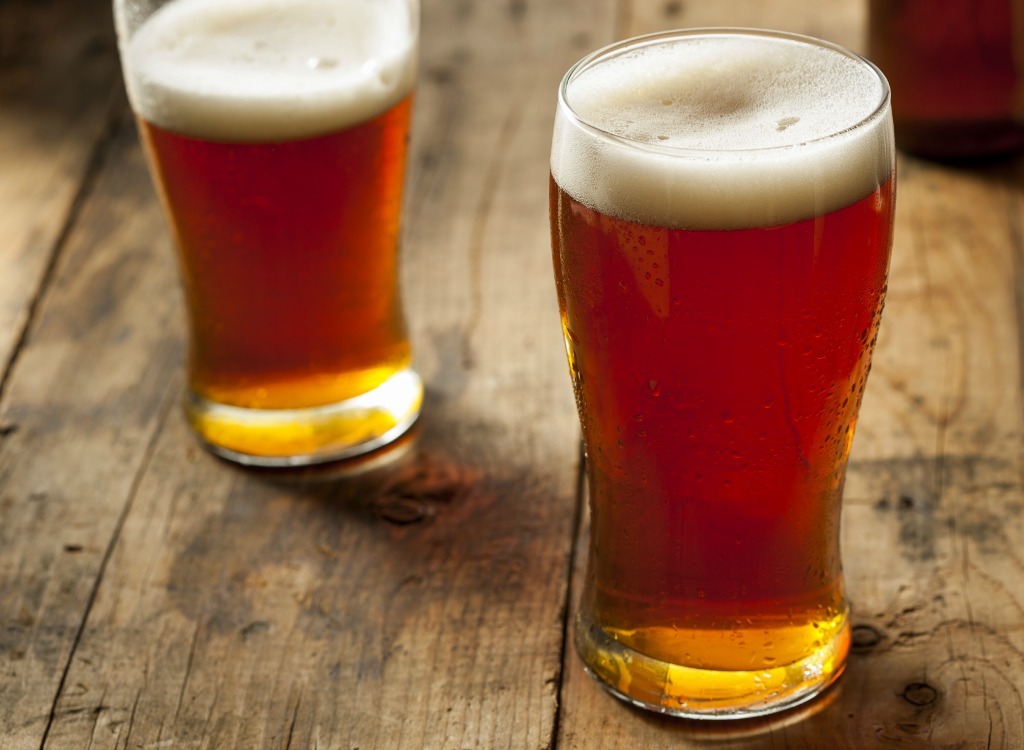
There's only one truly safe way to protect your teeth against the harmful acidity that can cause them to erode: drink water. With a completely neutral PH, a glass of water is a powerful tool that prevents tooth damage and also resets the PH in your mouth, according to Orange County dentist Joyce Kahng.
If you're not a fan of water and find yourself reaching for sodas instead, your mouth could be at risk. Coca Cola, for example, has a PH of 2.4, which is acidic enough to cause serious damage. A solution, for soda lovers? Find an unsweetened bubbly drink instead.
"If there are no added sweeteners," says Dr. Hughes, "carbonated beverages will not negatively affect your teeth. Actually, if you are choosing an unsweetened carbonated beverage over a sugary soft drink this alternative will greatly benefit your teeth in minimizing exposure to unnecessary sugars."
Get even more healthy tips straight to your inbox by signing up for our newsletter!
